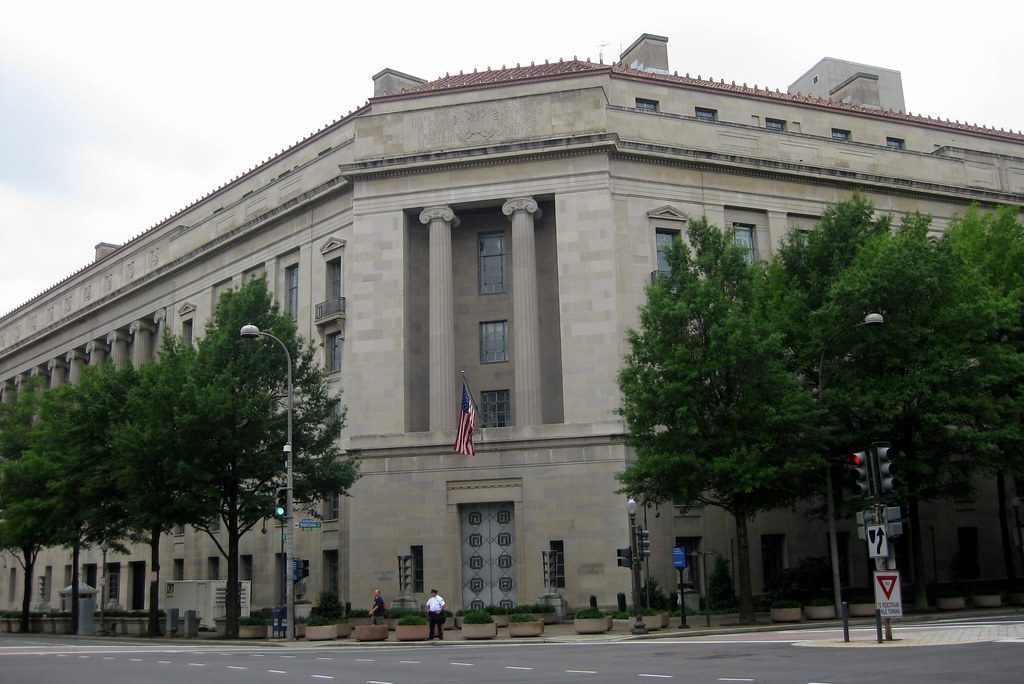Last Thursday, the Supreme Court dealt a near fatal blow to what remained of the Voting Right Act. Lawmakers, advocates, and commentators decried the decision, arguing that it will make challenging the wave of new voting restrictions emerging across the country much more difficult. In a statement, President Biden said that he was “deeply disappointed,” and concurred with Justice Elena Kagan’s assessment that the decision upholds “a significant race-based disparity in voting opportunities.”
In all the ink spilled bemoaning the Court’s opinion, however, one notable fact went curiously unremarked upon: the Biden administration failed to defend the Voting Rights Act against this attack in its official capacity when it had the chance.
With oral arguments already scheduled when Biden took office, this case was among the most urgent of the hundreds left over from the prior administration. Leaders in the DOJ needed to quickly determine if they would maintain the Trump administration’s position against voting rights enforcement or assume the opposite stance. In essence, they chose the former. In a February 16 letter to the Supreme Court, the Deputy Solicitor General (the Acting Solicitor General Elizabeth Prelogar was, for unexplained reasons, recused) indicated that the current Justice Department did not agree with the former’s brief, but that it would “not seek to make a further substantive submission” to oppose it.
In other words, Biden’s Department of Justice did nothing to argue against this terribly unjust outcome at odds with the vision of John Lewis and the countless others who fought so hard to secure a robust Voting Rights Act.
In the months that have followed, it has quickly become clear that this was not an isolated incident. The Department has not only failed to oppose but actively upheld the Trump administration’s litigation positions in countless cases spanning all issue areas. This contrast between what President Biden says and what his Department of Justice does should not be overlooked, nor defended as a sign of “independence.” Agreeing with Justice Alito and his five arch-conservative allies over moderate Democrats like Justice Kagan is not a sign of law-abiding virtue, but rather an unwillingness to fight for justice with as much commitment as the far right fights against it.

